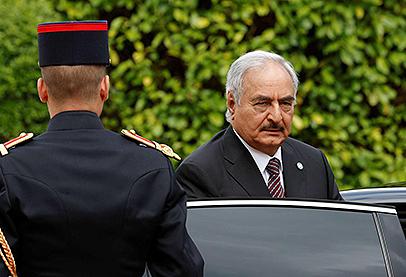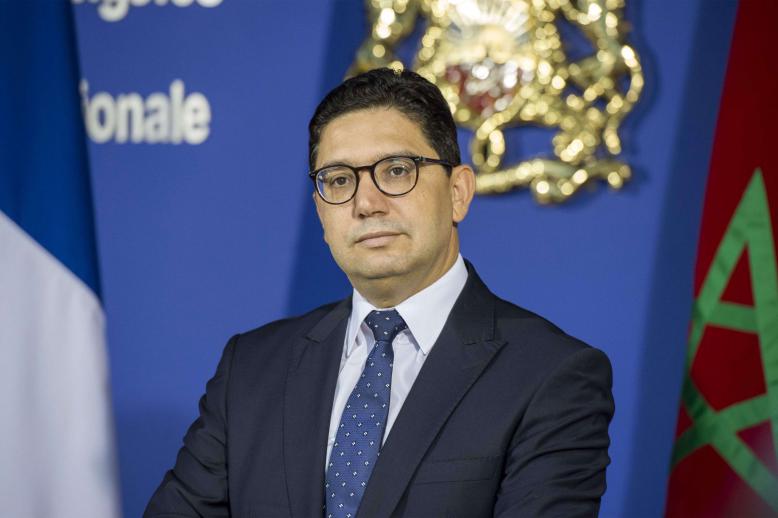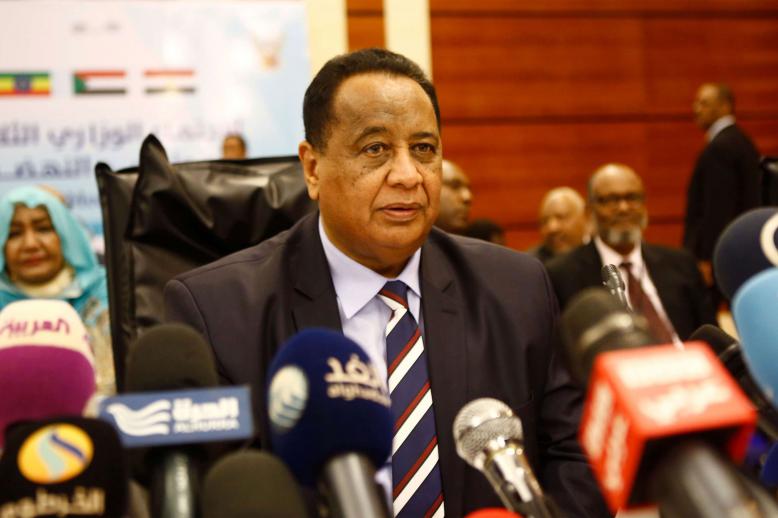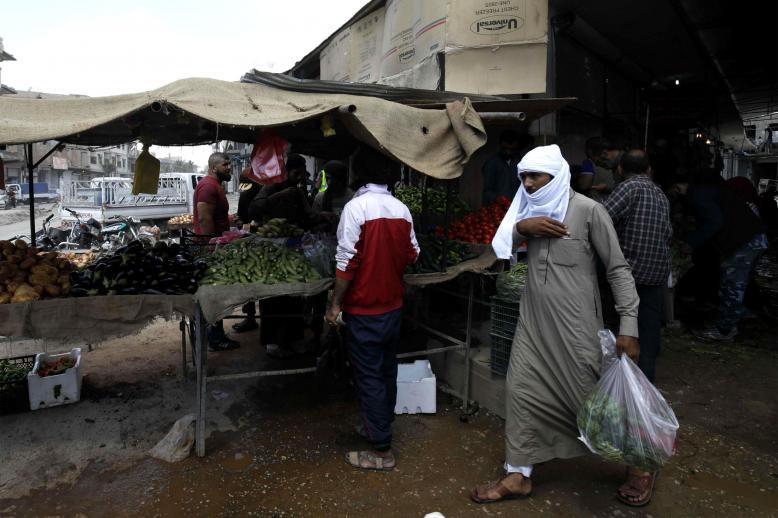Aides try to be reassuring about Haftar’s health despite endless flurry of rumours

TUNIS - Developments have not been short of the dramatic for crisis-torn Libya. One of the country’s key political figures, Abdulrahman Sewehli, was voted out as president of the State Council and replaced by a Muslim Brotherhood hardliner. Then, rumours swirled that eastern Libyan strongman Field-Marshal Khalifa Haftar had suffered a stroke and was taken to Paris.
The significance of Sewehli’s departure was immediately cast aside by the speculation surrounding Haftar. For at least three days, the military in the east vehemently denied the reports, insisting that they were lies and that Haftar was well. Without evidence to that effect, however, and a lack of recent photos or video footage of the field-marshal, the rumours refused to go away. The rumour mill soon went into overdrive, with claims circulating that Haftar was in a coma or even dead.
These reports were squashed by the UN Mission to Libya (UNSMIL), which said that UN envoy Ghassan Salame had spoken to Haftar by phone on April 13. Still, questions about Haftar’s health and conflicting reports from Libyan National Army (LNA) officials continued to fuel uncertainty in Libya’s east.
On April 11, the French Foreign Ministry gave the first implicit confirmation that Haftar was in France. Asked at a news conference whether the Libyan leader was being treated in France, an official replied: “We invite you to address the office of Marshal Haftar for all questions regarding him.” The wish not to answer the question suggested that Haftar was in France and was ill.
The LNA, however, still clung to the line that nothing was wrong and that Haftar was fine. This began to seriously damage the LNA leadership’s credibility. By April 12, Haftar’s relatives and LNA officials privately admitted that he was ill and was being treated in France. His trips to Jordan over the past couple of years, they said, had in fact been to consult with health specialists.
Even then, however, the official line in Benghazi remained that Haftar was fine, although one Libyan National Army (LNA) spokesman admitted that Haftar was in France, but said it was for meetings rather than medical treatment.
One pro-Haftar TV station boldly declared that he would make a live appearance at 9pm on April 12. When the time passed with no such appearance, the station apologised but continued to insist that Haftar was well and that rumours about him should not be believed. It all looked like an incompetent attempt at a cover-up.
Finally, in a move to end the damaging speculation and confusion, UN Special Envoy to Libya Ghassan Salame took the unusual step of not merely phoning Haftar, but having a tweet sent out confirming he had done so. The two “discussed the general situation in Libya and the latest political developments in the country,” the UNSMIL tweet read.
Eastern military officials also tried to do what they could to end the rumours. LNA Spokesman Ahmed al-Mismari told Reuters: “Marshall Haftar felt ill while in Paris, during a visit to several foreign states, and he will return to the homeland soon … after medical treatment.”
The flurry of rumours demonstrate that the implications of Haftar’s health are of great significance.
If the military chief is no longer able to carry out his duties, eastern Libya would likely become embroiled in military chaos as various militias under Haftar’s control rush to secure positions.
The news that the LNA leader is possibly seriously ill has caused alarm in the east. There are fears that the various militias in Benghazi could seek to control their areas of the city. There could also be fighting between the militias controlled by Haftar’s sons, Khalid and Saddam, and the rest of the LNA, some suggested.
One city official expressed fears that the various Salafist units allied with Haftar would move against LNA Chief of Staff Abdul Razzaq al-Nadhuri and Wanis Bukhamada, the widely respected military commander who led Haftar’s 3-year Operation Dignity campaign against pro-Islamist militants in the city.
“The departure of Haftar in the present situation would be a disaster,” the official said, adding that militants from the Benghazi Revolutionaries Shura Council and the Benghazi Defence Brigades, who were forced out during Operation Dignity, would try to return to the city.
Others asked whether the Egyptians would sit idly by if their key ally in Libya was no longer in charge.
The main view, though, is that Haftar’s departure from the scene would strengthen his main rival, Presidency Council leader Fayez al-Sarraj. The belief is that Sarraj would reach out to various elements in the LNA, from Nadhuri downward, giving them his — and consequently international — endorsement.
Some say that, even if Haftar were well enough to return, the knowledge that he is seriously ill could lead to various figures looking to their own longer-term interests and switching to Sarraj.
In Benghazi, amid the absence of concrete news about the field-marshal, there was an uneasy calm. “We’re waiting to see what is going to happen,” said one resident.
Michel Cousins is the editor-in-chief of the Libya Herald.
This article was originally published in The Arab Weekly.





